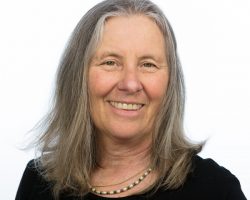Date: Friday 16 October 2020 Time: 10am Length: 2 hour
Date: Wednesday 21 October 2020 Time: 2pm Length: 2 hour
(This session is being run for a second time as the first one has booked out).
Presenter/s
Jen Barrkman and Kris Plowman
This session is designed for:
Emerging facilitators Still developing Wisdom Keeper Everyone
Will this session be recorded? No
Important to note:
This session can only have a maximum of 12 attendees. The session is being run twice – both sessions will be the same content, you do not need to attend both.
Session Outline
Listening is an art. A gift. A space where we open ourselves to others. A place where the differences between me and you, and between us and them, can be bridged or at least better understood. Words are not the only means of communicating. This experiential on line session will explore how we can listen deeply, what stops us and provide an opportunity to creatively express having heard each others stories using metaphor, drawing, silence, sound and movement.
Key Learning Objectives
Participants will:
- Identify what helps them to listen well
- Recognise the importance of alternative expressions
- Be able to demonstrate how you have heard others using a variety of creative listening approaches eg movement, metaphor, sound, art, silence.
How this session contributes to the AFN Community of Practice
The art of listening, and creating spaces where people heard, are needed in the world wherever people gather. For facilitators listening is a core skill in our toolbox. Yet sometimes we ignore developing and enhancing this critical skill.
Toolkit takeaways
Handout of different creative listening approaches
Speaker Biographies
 Jen Barrkman a registered psychologist, consultant, facilitator, oral historian and Playback Theatre practitioner. She has 30 years experience actively engaging people using participatory and creative group processes and story for communities. She also works as a counsellor and creative therapist in private practice. She is particularly interested in how people are heard particularly those who are most vulnerable.
Jen Barrkman a registered psychologist, consultant, facilitator, oral historian and Playback Theatre practitioner. She has 30 years experience actively engaging people using participatory and creative group processes and story for communities. She also works as a counsellor and creative therapist in private practice. She is particularly interested in how people are heard particularly those who are most vulnerable.